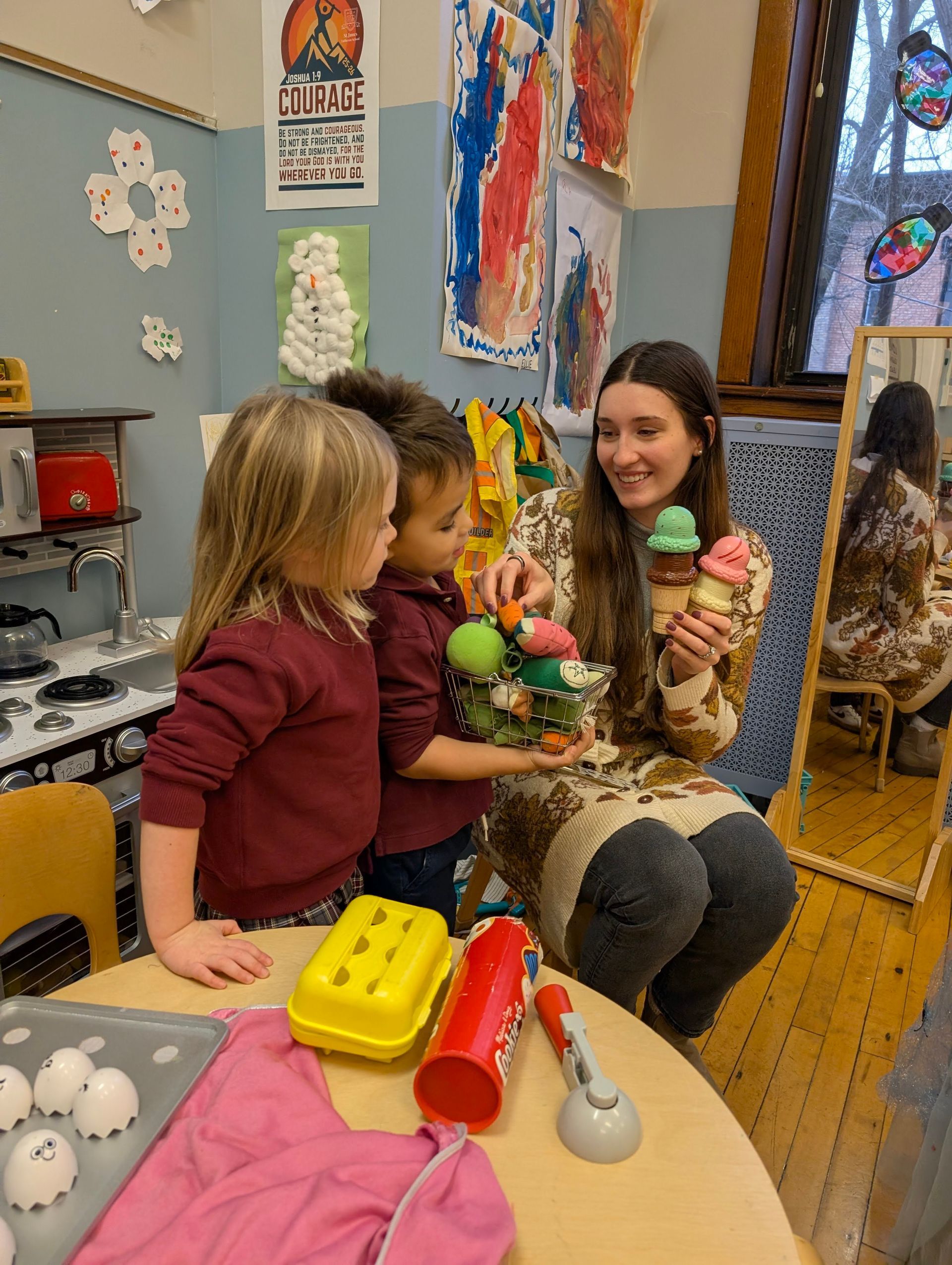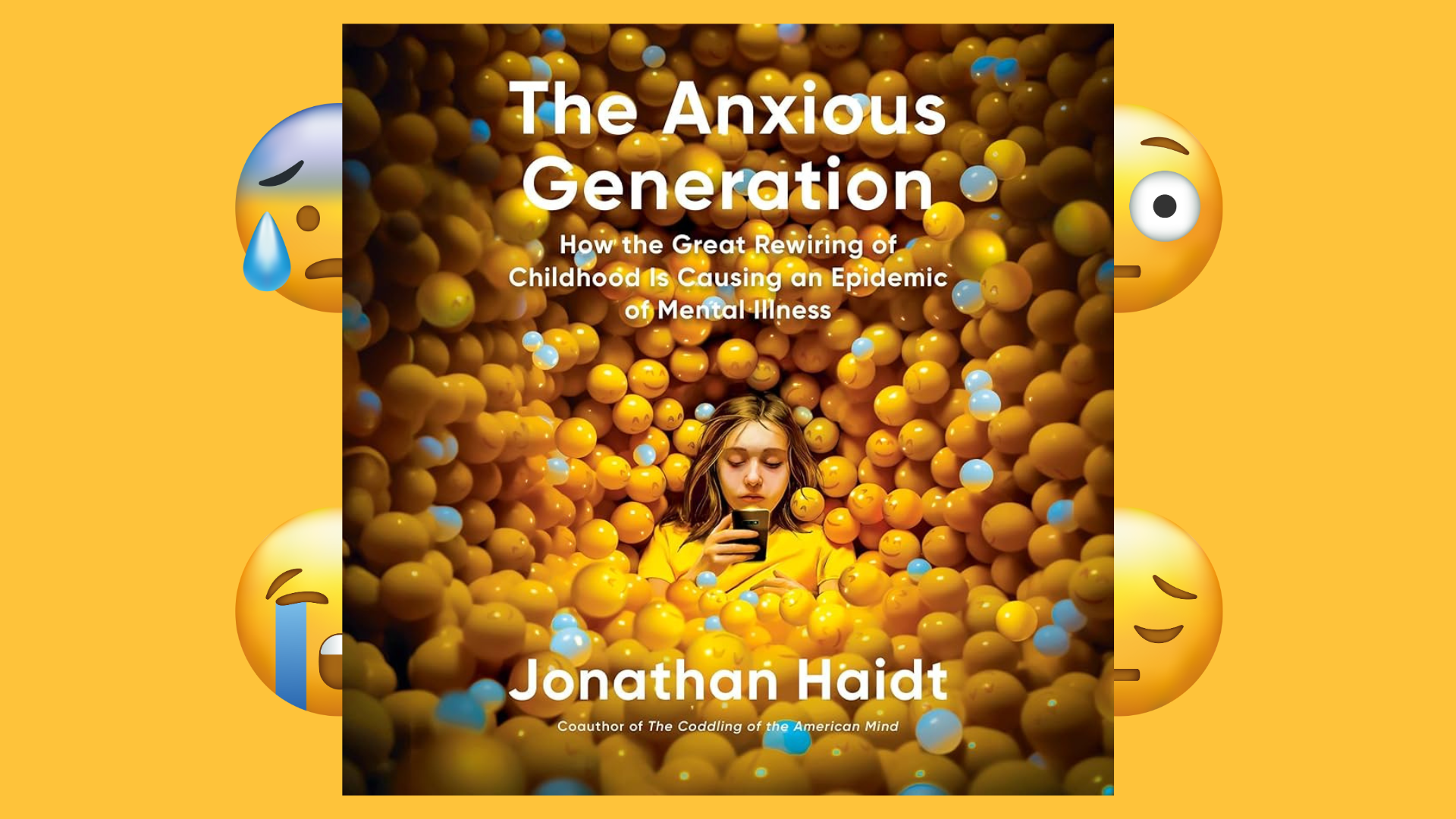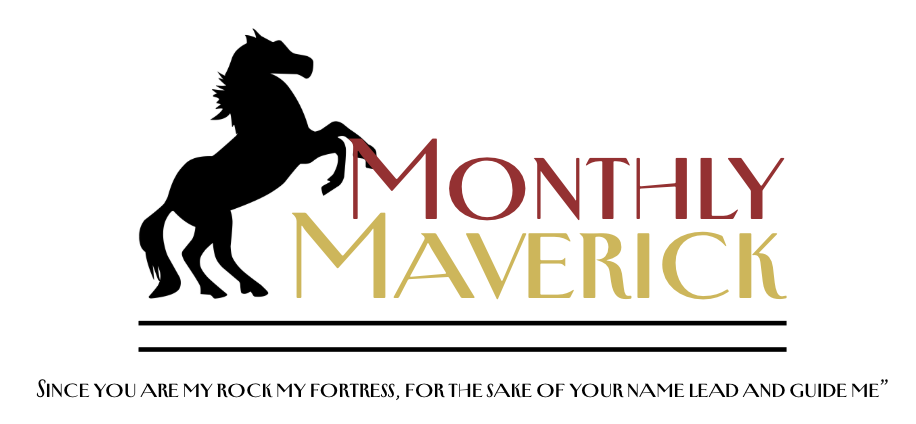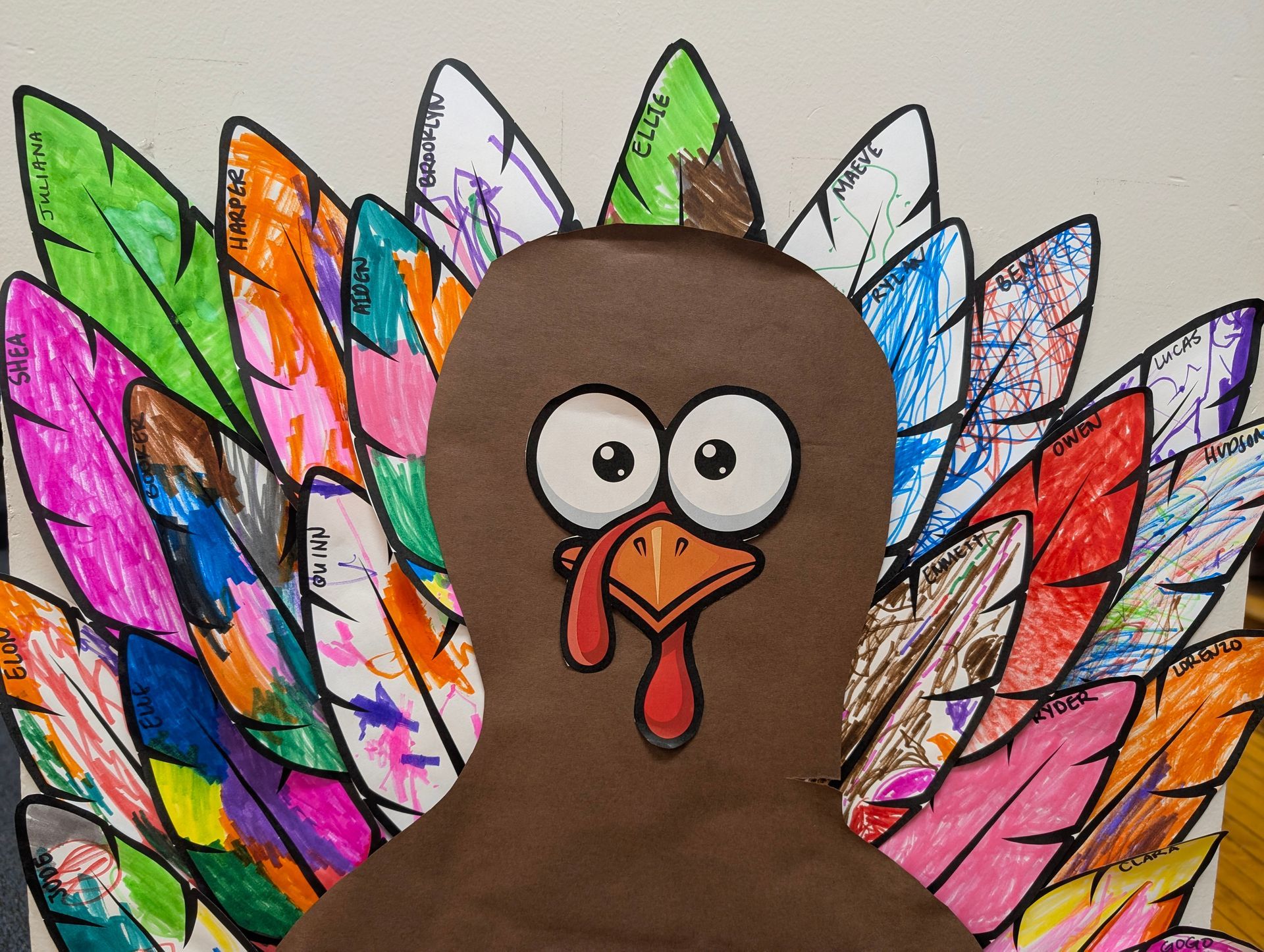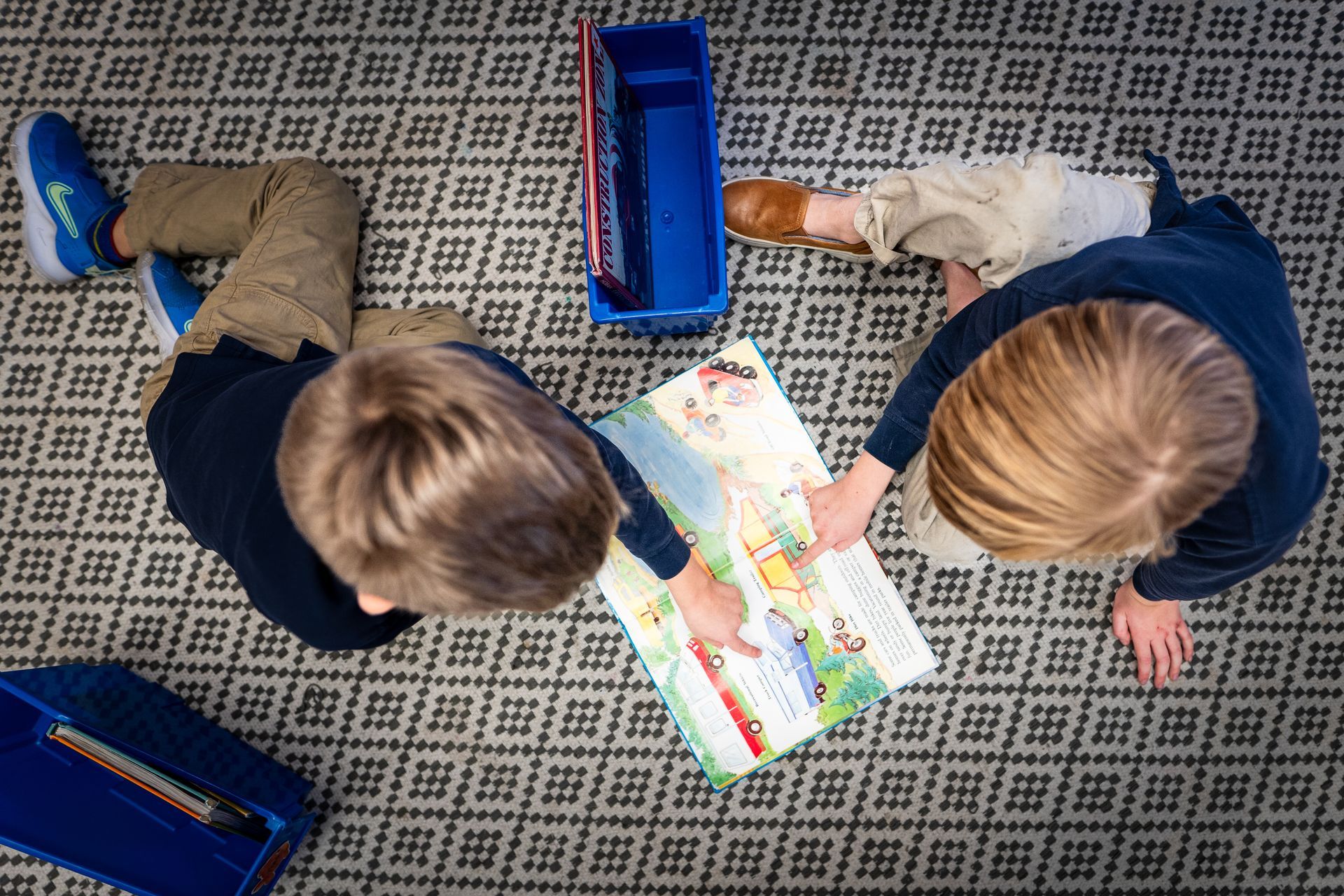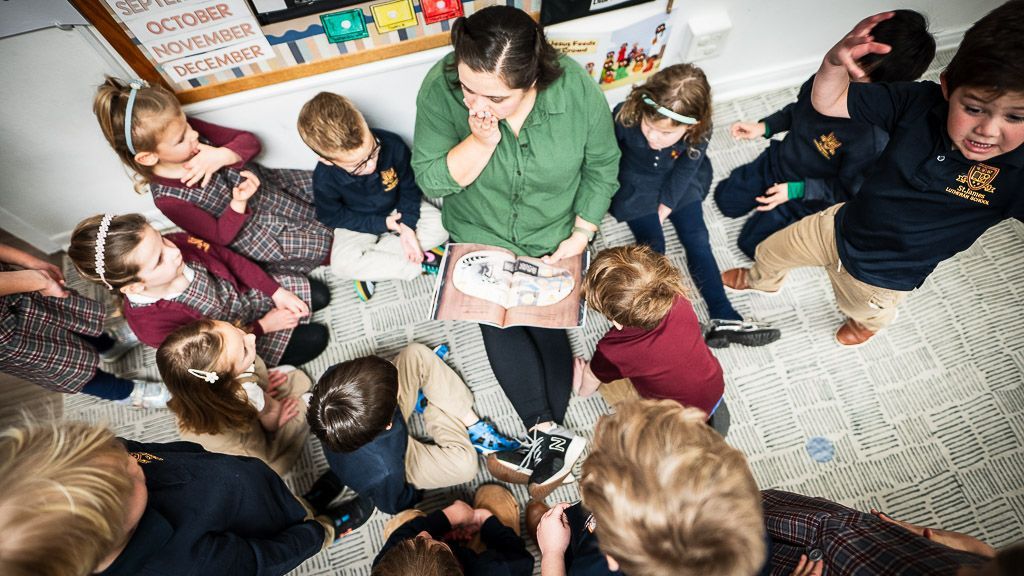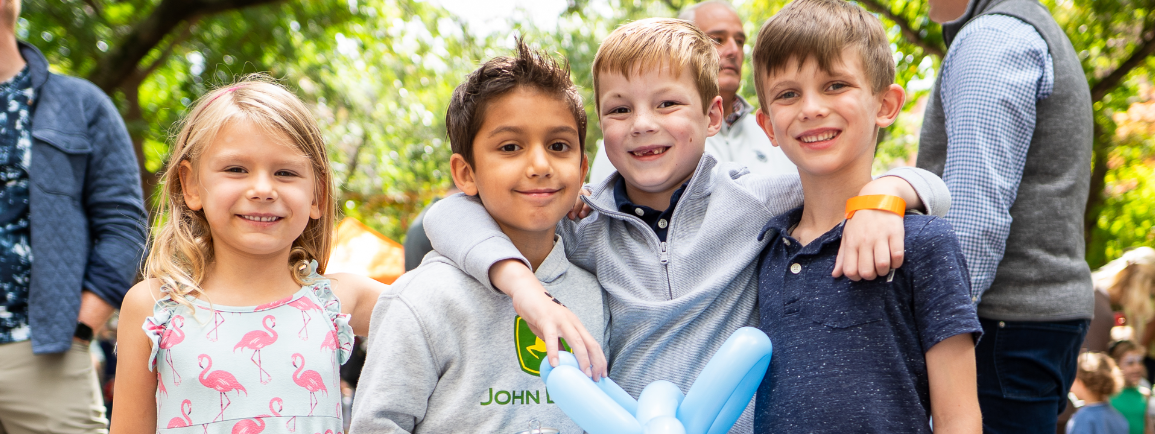Natural Consequences
Helping Children Learn Through Experience—Without Blame, Shame, or Rescue

Natural consequences are the outcomes that occur naturally, without adult interference. When you stand in the rain, you get wet. When you skip a meal, you feel hungry. When you forget your coat, you get cold. Allowing children to experience these consequences helps them develop essential self-help skills.
For example, I can remind my child every day to grab their coat, and they may only remember when I prompt them. But if they forget their coat and experience the cold firsthand, they’re more likely to remember it next time. That real-life experience often teaches the lesson more effectively than constant reminders.
However, how we handle these situations as adults matters. It’s important to avoid piggybacking—adding unnecessary blame, shame, or pain. Comments like "I told you so!" or scolding a child for their mistake shift the focus from learning to defending against criticism.
Children naturally feel bad when they make mistakes; they want to do better. When we pile on guilt, we diminish the learning experience, as the child becomes preoccupied with their emotions rather than reflecting on their actions.
How Should Parents Respond?
Show Empathy and Understanding
Acknowledge the child’s experience with kindness:
"It must have been tough to go hungry (get wet, get that bad grade, lose your bicycle)."
When appropriate, offer encouragement: "I love you and believe you can handle this."
Avoid Rescuing or Fixing Everything
It can be difficult for parents to step back, but allowing children to navigate challenges fosters resilience. By experiencing both successes and setbacks, they develop confidence in their ability to handle life’s ups and downs.
By responding with empathy and avoiding unnecessary interference, we give children the opportunity to grow, learn, and develop true independence.
